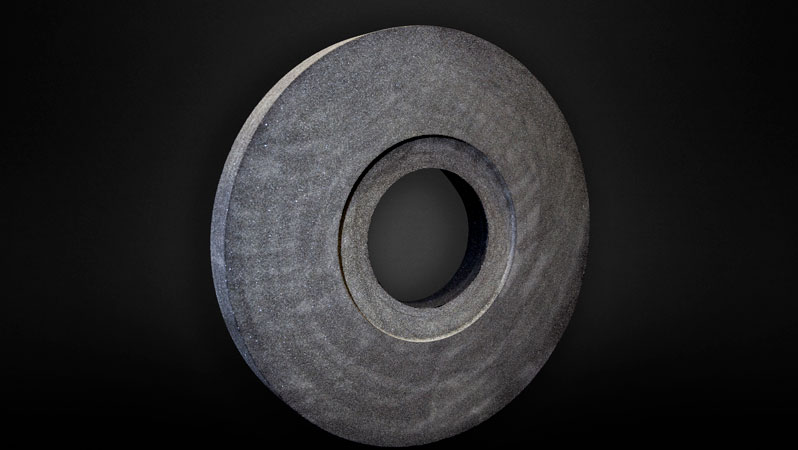

We operate strictly within GDPR guidelines with a professional commitment to safeguard and secure data
A cookie, also known as an HTTP cookie, web cookie, or browser cookie, is a small piece of data which stores in a user's web browser after browsing a website. Cookies are a harmless means of storing information to assist in the browsing process on a return to a website or for notifying the website of a user’s activity on the site. They are not viruses or spyware with malicious effects
A variety of cookies may be used within websites to help improve the quality of experience or monitor website traffic:
• Functional Cookies
These are cookies which assist with login to inner secure or password accessed areas.
• Analytics Cookies
These cookies monitor how visitors use a website. Analytics information is anonymous and assists in measuring which areas are popular or how often they are visited – If used, we can analyse where you visited, but we cannot see who you are.
• Advertising Cookies
If we advertise on our site, these cookies help us to know if you have viewed adverts previously.
• Third Party Cookies
These are cookies placed on a website by other websites so the external sites recognise that information placed by them or linked on our site has been viewed.
Individual browsers have privacy settings which will allow cookie adjustments or removal. You can set your browser either to reject all cookies, to only allow certain sites to set them, or to accept cookies only from current sites being visited.
Most browsers allow you to refuse to accept cookies.
For example:
(1) in Internet Explorer you can refuse all cookies by clicking “Tools”, “Internet Options”, “Privacy”, and selecting “Block all cookies” using the sliding selector;
(2) in Firefox you can block all cookies by clicking “Tools”, “Options”, and un-checking “Accept cookies from sites” in the “Privacy” box.
Blocking all cookies will have a negative impact upon the usability and browsing experience on many websites.
You can delete cookies already stored on your computer:
(1) in Internet Explorer, you must manually delete cookie files (you can find instructions for doing so at http://support.microsoft.com/kb/278835);
(2) in Firefox, you can delete cookies by, first ensuring that cookies are to be deleted when you “clear private data” (this setting can be changed by clicking “Tools”, “Options” and “Settings” in the “Private Data” box) and then clicking “Clear private data” in the “Tools” menu.
Please remember – if you do delete all your cookies, some features of websites, such as remembering login details, will not function and your experience may be adversely affected.
We have viewed the website www.aboutcookies.org which is run by the leading law firm Pinsent Masons. This well written Site gives detailed step by step guidance on how to control and delete cookies depending on your browser type. You can then adjust your browser settings to your preferred level of protection.
If you require any information about our commitment to data security and privacy, please contact and full disclosure will be given.